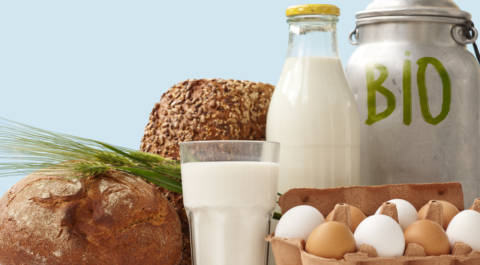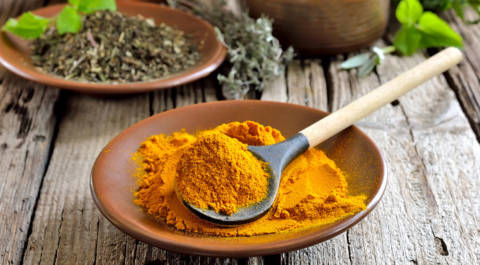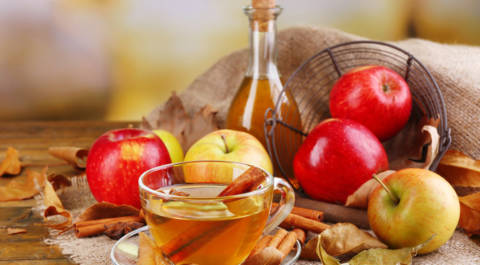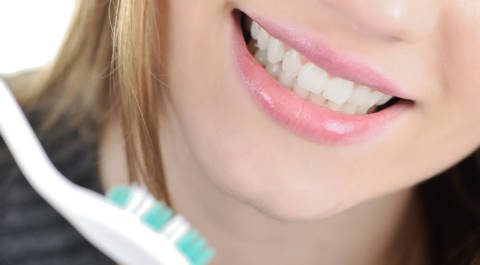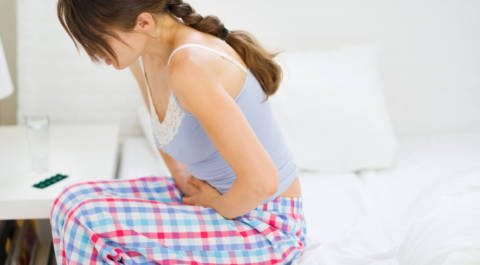Regardless of political belief or philosophical creed, everyone should be recycling. First, recycling can have a tremendously positive impact on the environment, from saving resources and preserving natural areas to saving energy, reducing pollution, and conserving landfill space. And second, recycling contributes to industry and capital growth by creating jobs for our national workforce.
Like Organic Soul on Facebook
That said, we should recycle as much as we possibly can. Chances are you already recycle things like bottles, papers, and glass. We shouldn’t stop there, however.
We as consumers need to get on board with a comprehensive, recycle based home waste program. With that, we can influence business choices, possibly creating the demand for less plastic in items, easily recyclable materials, and more environmentally-conscious business practice.
So, what else should we recycle?
1. The Weird Plastics: Grocery Bags And Food Containers
You may have your plastic bottles or yogurt cups covered, but there is much more plastic to be recycled. First, grocery bags. Take these to your local grocery store where there is probably a bin designated specifically for the bags. While certain municipalities allow you to recycle them at home, your best shot is to find a local recycle center that takes them. To avoid this altogether, get reusable bags or ask for paper, which can also be recycled.
Next, those oddly-shaped and mostly unused plastic food containers you have in your drawers. Use them for kitchen organization, animal bowls, or candle molds, but if you can't find a good second life for them, just throw them in your recycling. Another good use for them is gifting to the college students in the family.
Overall, you should try to avoid plastic purchases as much as possible. Plastic is made with tons of chemicals, some of which are harmful to our health. Let’s beat plastic: reduce your consumption, reuse what you have, and recycle what you don’t want.
2. Batteries And Bulbs
Many of us know that batteries can be recycled, but did you also know bulbs – as in LED, Fluorescent, and Incandescent – can be recycled too? Whether it’s your car battery or your AAAs, Cs, or Ds, you can recycle them and (not to sound demanding) you ought to. Car batteries, for instance, contain about 60 percent lead while the rest is acid and plastic. This all can be recycled and kept out of natural environments.
Lights are another “must”. In recent years, there has been a great movement toward saving energy with lighting, and the benefits are great. However, while many people are switching to the new compact fluorescent lights (CFL) instead of traditional bulbs, it’s important that these new energy-savers are disposed of properly. They contain mercury, which can harm humans and the environment.
3. Ink And Toner
Ink and toner are other great, but usually unnoticed recyclables. These tiny plastic squares can accumulate quickly and most people feel distraught at the sight of them. Personally, about four of them sat in my room for a year and a half until I finally took action.
When getting rid of ink and toner, travel to a local Target, Staples, or store of that nature. Often, places like these will actually pay you when you recycle – something around $2-5. Refilling it yourself can be messy and the kit comes in a ton of plastic anyways.
4. Polystyrene
What is Polystyrene? Think packing peanuts, Styrofoam, food trays, cups, and CD jewel cases. Polystyrene exists in all of them, and can most of the time be reused. Use Earth911.com to find a drop off location in your areas, or for peanuts, reuse them or mail them to the Alliance of Foam Packing Recyclers.
Polystyrene’s main component, Styrene, can cause irritation to the eyes and skin, and long term exposure can affect the central nervous system, possibly causing depression, headaches, fatigue, or weakness. If used in the microwave, products can even hurt your reproductive system. Currently, the EPA lists it as a possible carcinogen.
Finally, they use petroleum to be produced, meaning they aren’t sustainable. For these reasons and more, recycle that polystyrene!
5. ‘Round The House Waste
Last on our list is the “stuff” laying around the house. “Stuff” accumulates quickly. If you’re wondering what exactly it is I’m talking about, look around at the clutter in your house, or look for those things you know you really don’t need. That’s “stuff”, and that’s recyclable in some way.
First, determine whether or not your stuff fits into one of the above categories. If it is bigger or stranger stuff, there are still options. Call your local recycling center or use t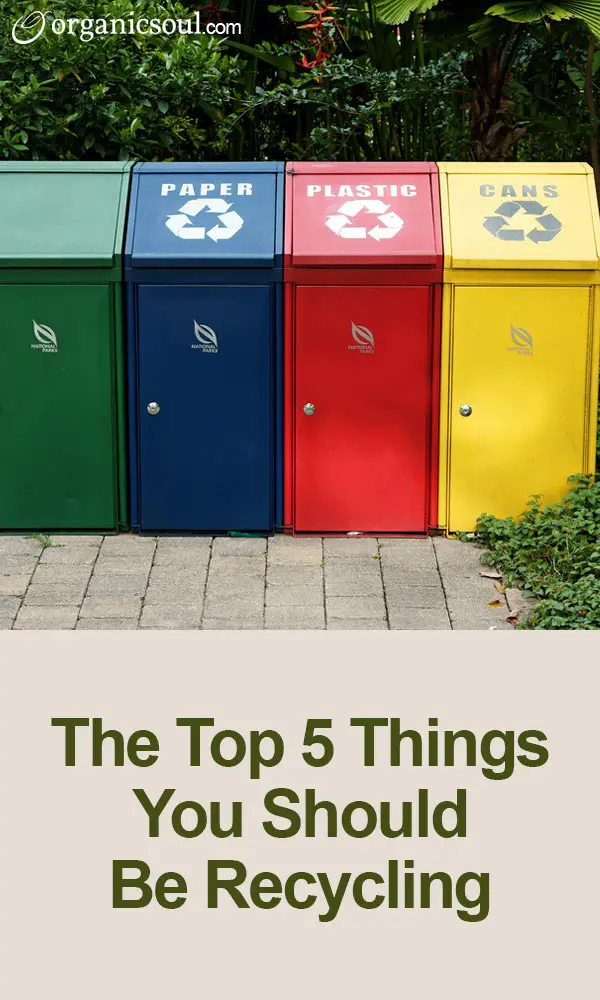 he above website (Earth911.com) to determine if there are any specific centers near you to drop it off. Alternatively, gift your stuff or sell it at a garage sale. You know what they say, “One person’s trash is another’s treasure.”
he above website (Earth911.com) to determine if there are any specific centers near you to drop it off. Alternatively, gift your stuff or sell it at a garage sale. You know what they say, “One person’s trash is another’s treasure.”
The Benefit
Recycling should never stop with the common, daily recyclables. If we really want to improve the environment and cut down on landfill (or ‘ocean fill’) usage, then we should try our best at reducing the need for new places to throw our trash. Scientists are developing more and more ways to reduce or recycle plastic. We can turn it back into oil or even have bacteria break it down for us, and innovative methods don’t stop with plastics; all we need to do is get our waste to the right place.


